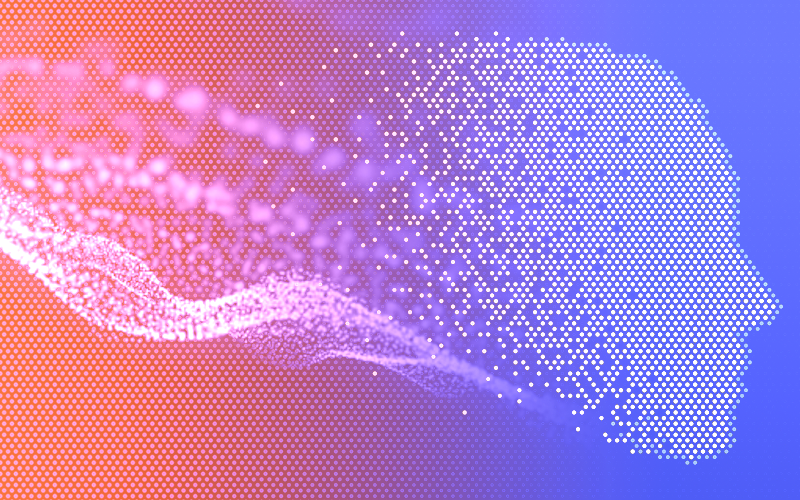
Guest blog post by Peta Slocombe, Senior Vice President, Corporate Health at Medibio
If there was a Hall of Fame for medical advances, you’d find it has been 40 years since mental health has had a “superhero.” There in the corner, perhaps a little dusty, with its underwear on the outside of its tights, would be SSRIs: a more targeted pharmacological approach to treating depression. Time magazine once famously dedicated a cover to the potential of SSRIs, joking that the U.S. should consider putting Prozac in the water.
SSRIs were helpful, yes. But a silver bullet, they were not.
Since then, mental illness has become an epidemic: the largest cause of preventable death, the greatest cause of disability, and the most prolific disease on the planet. For many people, let’s face it, mental health is the ‘heartsink’ patient of the health world. For organizations, and even governments, it is the distant relative you know you need to invite to the wedding but have no idea where to seat.
Most of us understand that mental health disorders are common, and few dispute the personal, societal, and economic impacts. But how do you manage the unseeable? When does a mental health disorder really start or finish? Where is the line between normal and abnormal? And do we need a pill, a therapist, or a special mix of kombucha, yoga, and mindfulness?
In the last four years of working with Medibio’s unique technology, I have become increasingly convinced that there are problems only biometrics can accurately address. The brain hasn’t changed a great deal in the last thousand years, but our environment – and the way we interact with it – certainly has. The autonomic nervous system, designed to manage the instinctual fight or flight responses that kept our ancestors alive in the face of a wild boar thundering toward them, is now in a constant state of overdrive. Sleep deprivation, the stress of our daily routines, incessant work and/or family demands, and technology addiction all play a role in this “new normal.” Using wearables/biometrics to track the body’s autonomic activity provides a window into the previously unseeable, before mental (and physical) health are compromised.
Biometrics are changing the way we approach mental health in three powerful ways:
1: Objectivity in assessment and monitoring. The onset of, and recovery from, a mental health disorder needs to be measurable, just as low blood sugar is to diabetes or low iron is to anemia. Quantifying mental health will reduce stigma, increase treatment compliance, and enable more appropriate insurance and workplace support.
2: Data-informed decision making. Clinicians need something other than self-reporting and observation to support treatment decisions. No other area of medicine is tasked with diagnosing without blood or urine tests, x-rays, or physical examinations. Giving GPs, Psychiatrists, and Psychologists a dashboard of biometrics as decision support tools will enhance both diagnosis and treatment effectiveness.
3: Personalized care plans. Mental health disorders are primarily cyclical and episodic in nature. You don’t have it or not have it – nor do you treat it and cure it in most cases. The majority of people move between depression and anxiety: there is no one cause and no one treatment. Tracking cycles on a smartwatch and documenting/studying trends brings us closer to changing them. Care plans can be deeply personalized based on the tangible data provided through biometrics.
Each year, 450 million people are diagnosed with a mental health disorder. We think they deserve a better quality of life. Medibio’s Corporate Health clients are already seeing the difference biometrics can make in the workplace. And in the next few months, everyone will have the opportunity to experience the future of mental health management as a direct-to-consumer product makes its debut.
Perhaps there are no true superheroes. Mental health, just like physical health, is incredibly nuanced. There are no black and white solutions, but rather shades of understanding that dedicated mental health professionals strive to define each and every day. In the past 25 years as a practicing, lecturing, consulting, and publishing psychologist, I’ve seen a lot of progress. But nothing compares to the impact of data-driven, personalized care. Biometrics are as close to a superhero as we are going to get. Why? Because they have the power to save lives.
Learn more about how Medibio is looking at mental health, objectively.
Interested in learning how to address the gap in corporate wellness for your employees? Contact our Corporate Health team: medibio.com.au/mhcheckin/
